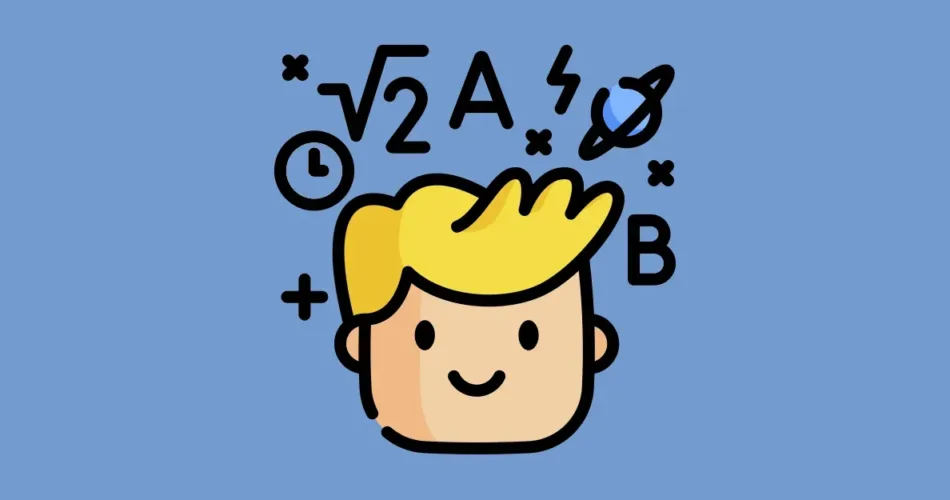Mathematical functions are at the core of many programming tasks, from simple calculations to complex simulations. C++, a powerful and versatile programming language, provides a rich set of mathematical functions through its Standard Library. In this comprehensive blog post, we will delve into the realm of mathematical functions in C++, exploring essential concepts, practical examples, and their significance in various applications. Whether you’re a beginner or an experienced programmer, by the end of this guide, you’ll have a solid understanding of how to leverage mathematical functions to enhance your programming skills.
Understanding Mathematical Functions
Arithmetic Operators:
C++ offers a variety of arithmetic operators for basic mathematical operations, including addition, subtraction, multiplication, division, and modulus.
Example: Using arithmetic operators
#include <iostream>
int main() {
int num1 = 10, num2 = 5;
int sum = num1 + num2;
int difference = num1 - num2;
int product = num1 * num2;
int quotient = num1 / num2;
int remainder = num1 % num2;
std::cout << "Sum: " << sum << std::endl;
std::cout << "Difference: " << difference << std::endl;
std::cout << "Product: " << product << std::endl;
std::cout << "Quotient: " << quotient << std::endl;
std::cout << "Remainder: " << remainder << std::endl;
return 0;
}
Math Library Functions:
C++ Standard Library’s <cmath> header provides a wide range of mathematical functions, such as square root, exponentiation, trigonometric, and logarithmic functions.
Example: Using math library functions
#include <iostream>
#include <cmath>
int main() {
double value = 2.0;
double squareRoot = sqrt(value);
double power = pow(value, 3);
double sine = sin(value);
double logarithm = log(value);
std::cout << "Square root: " << squareRoot << std::endl;
std::cout << "Cubed: " << power << std::endl;
std::cout << "Sine: " << sine << std::endl;
std::cout << "Logarithm: " << logarithm << std::endl;
return 0;
}
Random Number Generation:
C++ provides functions for generating random numbers, which are essential for simulations, games, and other applications.
Example: Generating random numbers
#include <iostream>
#include <cstdlib>
#include <ctime>
int main() {
std::srand(std::time(0)); // Seed the random number generator
int randomNum = std::rand() % 100; // Generate a random number between 0 and 99
std::cout << "Random number: " << randomNum << std::endl;
return 0;
}
Trigonometric Functions:
C++ allows you to work with trigonometric functions like sine, cosine, and tangent, which are crucial for geometry and physics applications.
Example: Trigonometric calculations
#include <iostream>
#include <cmath>
int main() {
double angle = 45.0;
double sine = sin(angle);
double cosine = cos(angle);
double tangent = tan(angle);
std::cout << "Sine: " << sine << std::endl;
std::cout << "Cosine: " << cosine << std::endl;
std::cout << "Tangent: " << tangent << std::endl;
return 0;
}
Applications of Mathematical Functions:
- Scientific Calculations: Mathematical functions are crucial for scientific calculations, ranging from physics simulations to engineering analysis.
- Game Development: In game development, mathematical functions drive animations, physics simulations, and character movements.
- Financial Applications: Mathematical functions are used in financial applications for calculations involving interest rates, investments, and loan payments.
- Data Analysis: Statistical functions play a vital role in data analysis, enabling insights into trends, patterns, and correlations within datasets.
Conclusion
Mathematical functions are the backbone of numerous applications, enhancing the capabilities of C++ programs. By mastering the arithmetic operators, leveraging the rich set of math library functions, and understanding their applications in various domains, you’ll be well-equipped to tackle a wide range of programming tasks. Whether you’re a scientist, a game developer, or someone looking to perform complex calculations, mathematical functions in C++ provide the tools you need to bring your ideas to life.
As you continue your journey in C++ programming, remember that the world of mathematical functions is vast and exciting, offering endless possibilities for creative problem-solving and innovation.
Subscribe to our email newsletter to get the latest posts delivered right to your email.


Comments